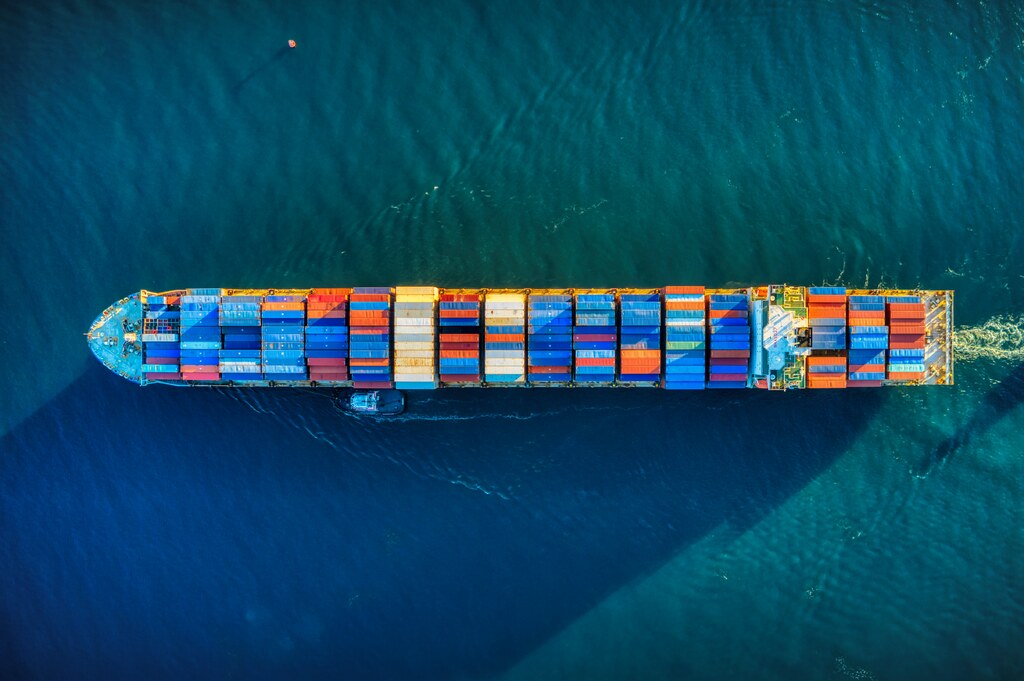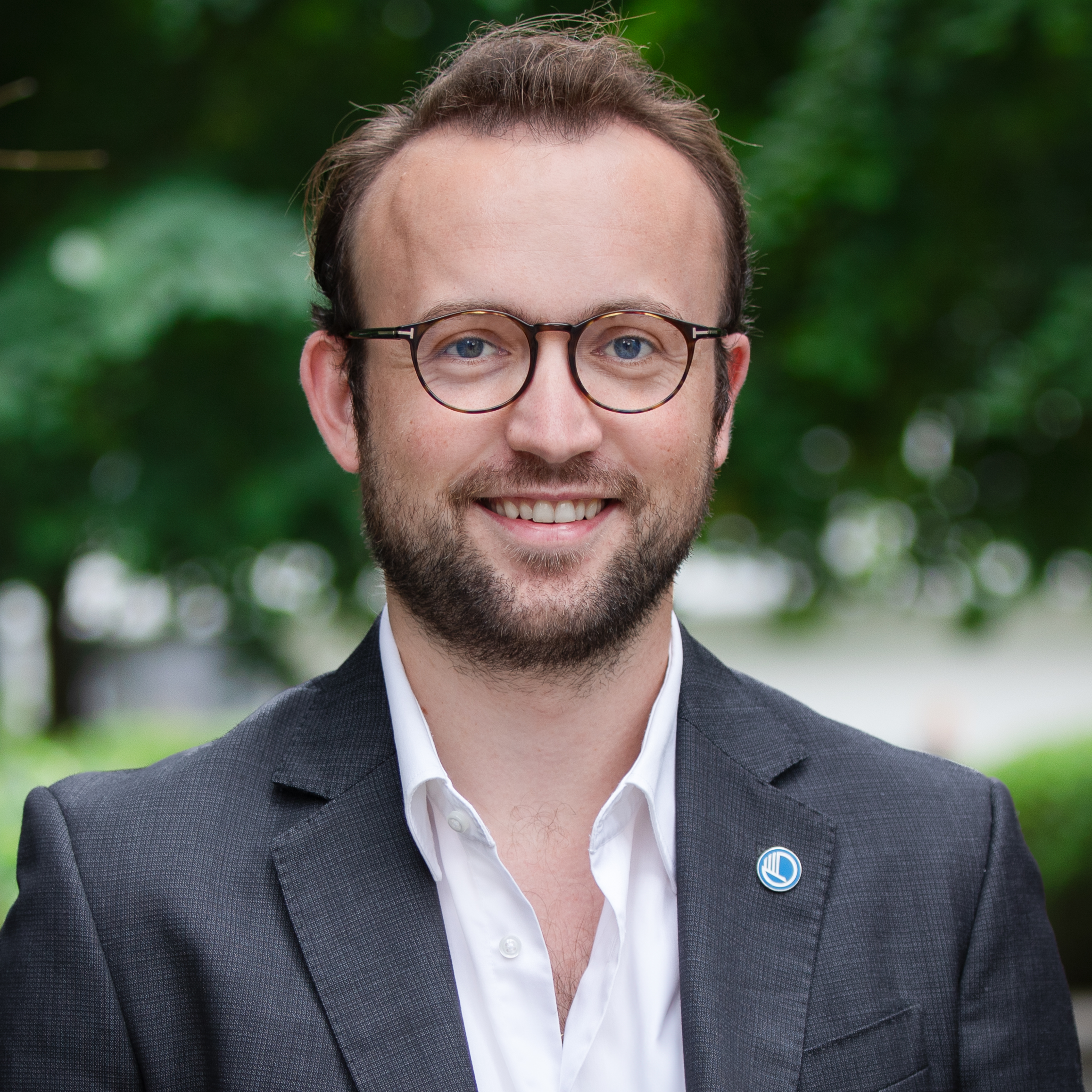
Two new maritime projects recommended for funding
Nordic Energy Research is pleased to announce that two new projects have been recommended for funding, following the recent open call in the Nordic Maritime Transport and Energy Research Programme…
Nordic Energy Research is pleased to announce that two new projects have been recommended for funding, following the recent open call in the Nordic Maritime Transport and Energy Research Programme. The open call was financed by Nordic Energy Research, Trafikverket in Sweden, Orkustofnun in Iceland, and Strandfaraskip Landsins in the Faroe Islands. You can read about the call here.
The two projects are STORM and GREEN SEA FAROE.

STORM: System transition to renewable marine fuels in the Nordics – from a supply chain perspective
The STORM project aims to support and facilitate the transition to renewable marine fuels in the Nordic region, from a system and supply chain perspective. These issues will be addressed in three shipping cases. Ferry operations between mainland Sweden and Gotland, fisheries and fishing vessels in Iceland, and liner services in the Nordic region. Through this supply chain perspective, the project seeks to scrutinise several areas, from fuel supply, distribution, and fueling processes to the impacts of the implementation of hydrogen and other innovative renewable fuel options.
The project will utilise a multidisciplinary approach, fostering collaboration between five research organisations and eight industry stakeholders. The research objectives are derived from real-world research challenges identified by the industry and include the following:
- assess fuel supply options encompassing local production and/or import of fuels or feedstock for the studied cases,
- develop and apply a framework for assessing the suitability of fuels for various shipping segments,
- identify barriers and opportunities within the selected shipping cases and formulate tailored solutions, and
- propose additional policy options to accelerate the transition to renewable marine fuels.
Project partners
Funded partners:
- IVL Swedish Environmental Research Institute (Sweden),
- University of Iceland (Iceland),
- Uppsala University (Sweden),
- Chalmers University of Technology (Sweden), and
- Sjókovin – Blue Resource (Faroe Islands).
Self-funded partners:
- Gotland Tech Development (Sweden),
- Liquid Wind (Sweden),
- Wallenius Marine (Sweden),
- Ports of Stockholm (Sweden),
- Brim (Iceland),
- Faxafloi Harbours (Iceland),
- Eimskip (Iceland), and
- Flexens (Finland).
GREEN SEA FAROE: Toward net-zero emission short sea green transportation in the Faroe Islands
For the Faroe Islands, maritime transportation is vital. But it faces challenges in reducing emissions, while simultaneously ensuring the region’s economic growth. The Green Sea Faroes project will assess the latest technologies in ‘green’ propulsion, focusing on hydrogen, ammonia, biofuels, and electric power, seeking suitable solutions for local sea conditions and the needs of small vessels.
The central part of GREEN SEA FAROE’s project is designing two passenger ferries that showcase practical, clean-energy systems informed by our findings, local ship operation requirements, and insights from experienced ship designers.
The project will also forecast future energy needs, establish a path to achieve “net-zero” shipping emissions in the Faroe Islands, focused on maritime decarbonisation. The project hopes that the outcomes will be beneficial not only to the Faroe Islands but to other Small Island Developing States (SIDS) as well as the Nordic nations as a whole.
Project partners
Funded partners:
- MEST Shipyard (Faroe Islands),
- Faroese Environment Agency (Faroe Islands),
- Lund University (Sweden), and
- World Maritime University (Sweden).
Observers:
- SEV (Faroe Islands),
- Brunvoll Mar-El (Norway), and
- Tórshavnar havn (Faroe Islands).

